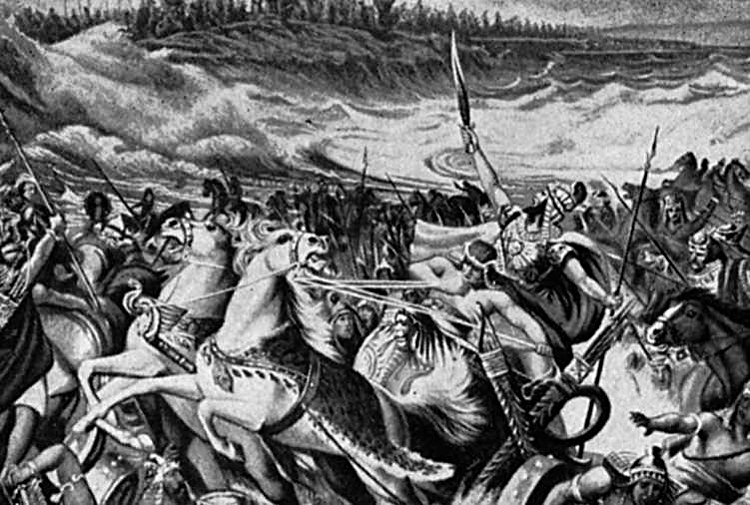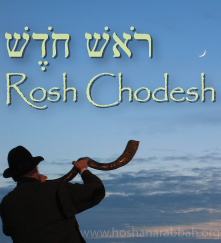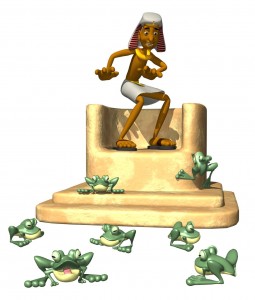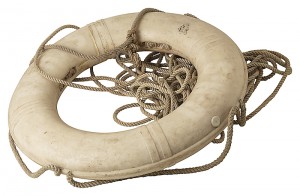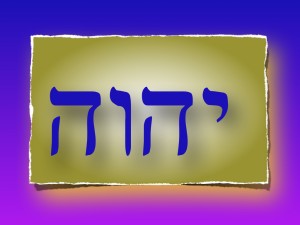YHVH Commands Man to Work for Six Days
One can’t fully appreciate the Sabbath unless one has worked during the previous six days, and, in turn, has a need for and, hence, a reason to rest. In fact, YHVH commands man to work for six days and bring in or to gather all his food. No gathering of food is to occur on the Sabbath.
Six days ye shall gather it [manna]; but on the seventh day, which is the Sabbath, in it there shall be none. (Exod 16:26)
After one has labored intensely all week, one is ready to rest, and happily so! It’s time to “kick back” and to enjoy the fruits of one’s labors, and then to lift one’s spiritual sights above the mundane plain in order to discover (or reconnect with) the greater and higher meaning life, which should involve loftier aspirations than merely slaving away for transitory material necessities and wants.
The Preparation Day: Preparing for the Sabbath
The Creator not only commands man to work for six days as a precursor to resting on the seventh day, but to fully enjoy the peace, rest and sanctity of the Sabbath, the Scriptures instruct man also to prepare ahead of time for this day.
And it shall come to pass, that on the sixth day they shall prepare that which they bring in; and it shall be twice as much as they gather daily … And he said unto them, This is that which YHVH hath said, To morrow is the rest of the set-apart Sabbath unto YHVH: bake that which ye will bake to day, and seethe that ye will seethe; and that which remaineth over lay up for you to be kept until the morning. (Exod 16:5, 23; see also Mark 15:42; Luke 23:54; John 19:31)
Not only should food preparation be on our “to do” list for the sixth day, but consider doing the following as well to insure one’s full enjoyment of the Sabbath:
- Have clothes washed and clean for the Sabbath.
- Fill the car with gas if you have to travel to be with a congregation.
- Do all your shopping, so that no buying or selling has to occur on the Sabbath.
- Prepare your own personal “Garden of Eden” by cleaning the house, mowing your grass.
- Think and plan ahead what activities you might want to do on the Sabbath that will edify you and your family spiritually and bring you closer to Elohim.
Once all your work is done, and you’ve prepared for the Sabbath, now sit back and enjoy!
Shabbat shalom from my family to yours!



